By Jon Diamond
The British Army has had its share of religious zealots Serving in the upper echelons of command. These typically independent-minded soldiers, motivated largely by their spiritual belief, were in sharp contrast to those, as characterized by J.F.C. Fuller, who comprised a “strictly hierarchical army headed by largely unimaginative leaders that feared initiative, were terrified of originality and afraid of criticism.”
The list of those generals imbued by the Almighty, to name but a few, includes Oliver Cromwell, first as commander in chief of the Army and then as the Protector, in the mid-17th century, after emerging as the victor of the English Civil War against Royalist forces. Another was Maj. Gen. Charles George “Chinese” Gordon, who perished at Khartoum in 1885 and believed himself an agent of providence answerable only to God. Against the Mahdi and his dervishes, he disobeyed his orders by electing to defend Khartoum in the name of Christianity rather than facilitate its evacuation.
More recently, the British Army possessed a very opinionated general, Orde Wingate, who relied heavily on quotations from the Old Testament in formulating his ideological credo. Wingate, who was the nephew of Lt. Gen. William Dobbie, applied his biblical zeal to his military mind-sets, which culminated in victories over revolting Arab gangs in pre-World War II Palestine and the Italians in Ethiopia during the early phase of World War II. However, Wingate is most renowned for the inception, development, and deployment of the Chindits, a long-range penetration unit in Burma in 1943-1944.
Other British military leaders also had strong spiritual beliefs, such as Air Marshal Sir Hugh Dowding, who publicly referred to his communication with deceased spirits at the height of the Battle of Britain.
Lieutenant General Sir William George Shedden Dobbie served as general office commanding (GOC) and governor-general of Malta during the height of that island’s siege by both Nazi and Italian fascist forces during World War II. Governor-General Dobbie was a deeply religious Army officer who made the defense of Christendom’s old fortress of Malta a crusade as he fought against the Axis “with sword and prayer.” He hated to fight on Sundays, but he did it. “Malta will triumph over the powers of darkness,” he declared firmly.
William Dobbie was born in Madras to a civil servant father and into a family with a long military heritage. After the Charterhouse School, he qualified for the Royal Military Academy, Woolwich, after which he went to the Royal School of Military Engineering at Chatham. Viewed as a dour Scot, Dobbie was fortified by an abiding faith as a member of the Plymouth Brethren. Throughout his military service, Dobbie remained convinced that he enjoyed direct communication with the Almighty.
Dobbie had served as commandant of the Royal School of Military Engineering, and from August 1936 through July 1939, he served as GOC, Malaya. Dobbie, then holding the rank of major general, was informed that after Malaya he would be retired because new War Office regulations deemed him too old for another position. After the onset of hostilities against Germany in September 1939, Dobbie was frustrated in his attempts to return to active service until he was offered the position of governor-general and GOC of Malta by the chief of the Imperial General Staff (CIGS), Edmund Ironside, in April 1940. In May 1940, he succeeded the ailing Sir Charles Bonham-Carter.
Dobbie had previous experience in analyzing and fortifying island defenses and was not a novice when it came to relaying his views to his superiors in the War Office. While serving as GOC, Malaya, stationed in Singapore in 1936, Dobbie and his subordinate, Arthur Percival, made a study to ascertain if more British and Imperial troops were needed on mainland Malaya to prevent the Japanese from capturing forward bases along the Malay Peninsula and launching an attack against Singapore from the northern landward side.
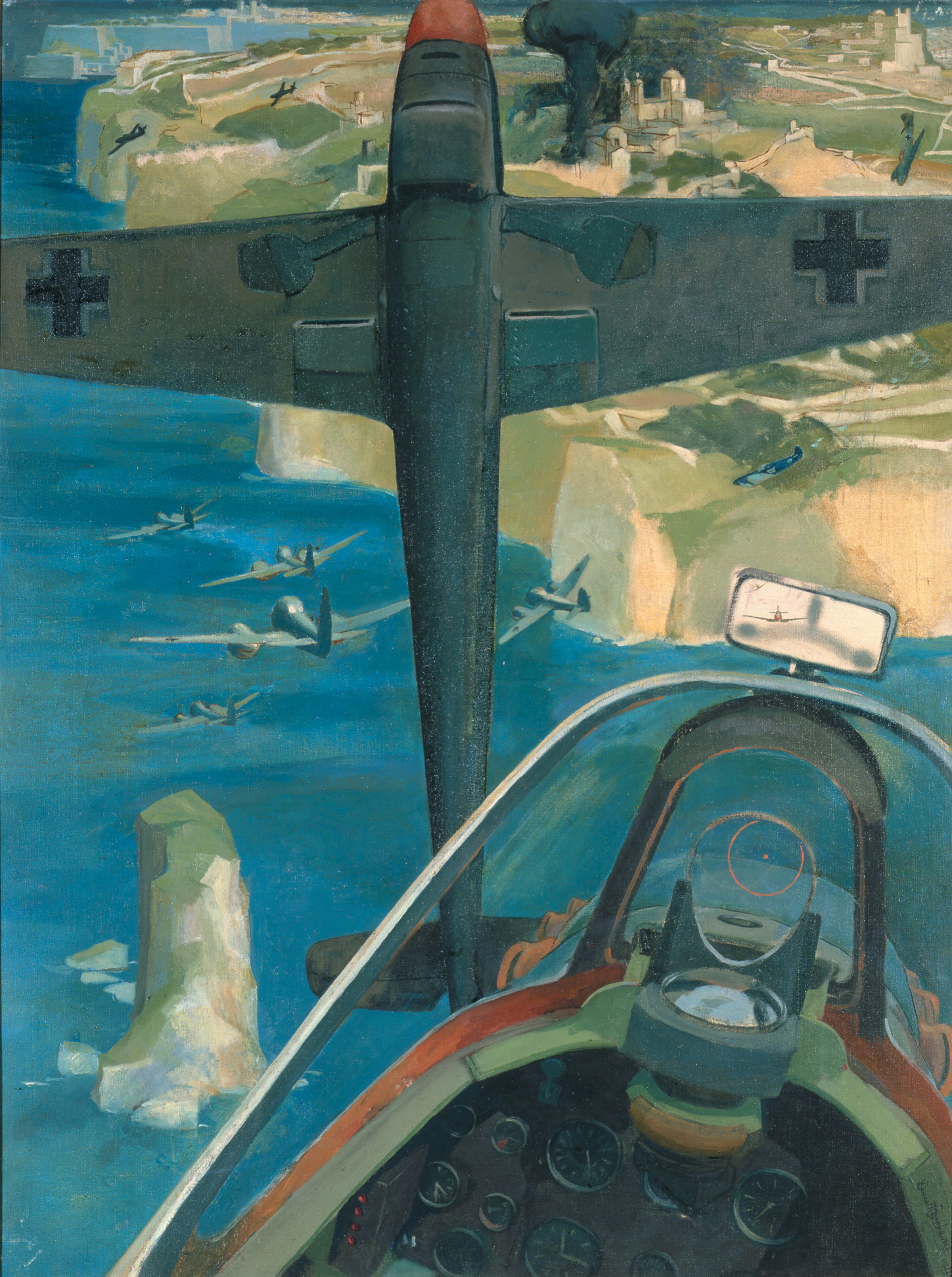
The analysis made it clear that Singapore could no longer be seen as a self-contained naval base and that its survival rested on the defense of mainland Malaya. In 1938, Dobbie wrote the chief of the Imperial General Staff, “It is an attack from the northward that I regard as the greatest potential danger to the Fortress (Singapore)…. The jungle is not in most places impassable to infantry.”
If Dobbie’s analysis were accepted, he urged, large reinforcements should be sent to Singapore without delay. His warning was ignored. By 1939, all Dobbie had been able to obtain from the Home Government was a meager 60,000 pounds, most of which was spent on building machine-gun emplacements along the southern shore of Singapore island, which was not the site of the coming Japanese attacks early in World War II. The magnitude of the British Army’s later surrender at Singapore was legendary.
In the spring of 1940, shortly after assuming command on Malta, Dobbie began writing the War Office about the island’s military deficiencies. The response was predictable, reading in part, “Owing to the urgent commitments at home and the threat of invasion it would not be possible to meet any of the requests for additional defenses of Malta.”
The strategic importance of Malta was obvious to Dobbie since the island has a critical location in the Mediterranean between Sicily and North Africa. However, when Hitler and Mussolini declared war on Great Britain, there were only 68 antiaircraft guns on the island instead of the recommended 156 to protect the naval base at Valetta and its three airfields. The air defenses were also inadequate, comprising nine obsolescent biplanes, four of which were Gloster Gladiator fighters destined to become storied in the tenacious air defense until modern Hawker Hurricane fighters arrived within weeks of the air battle’s onset. Thus, it became clear to Dobbie that the ability of the Maltese to withstand air attack might determine whether the island could remain an operational base.
As late as November 1940, Dobbie still harbored reservations about Malta’s new offensive role. Only one month previously, Dobbie urged the London government to refrain from using Malta as an offensive base. Dobbie feared that the enemy would be provoked into retaliatory raids or even invasion. Dobbie argued for waiting until the spring of 1941, when he reasoned the island’s military capabilities would be more formidable. As matters turned out, London would have done well to pay heed to Dobbie’s advice.
It is hard to imagine a better choice than Dobbie to take over as governor-general and GOC on Malta in the spring of 1940. Not that he was an especially gifted administrator or military leader. He was, according to some, mediocre in both respects. However, there was an intangible quality of greatness there. This attribute was rooted not in what he did but in what he stood for. He was referred to as “God’s original honest man.” Dobbie embodied a serenity that enabled him to maintain clarity of vision even under desperate circumstances. The Maltese revered him with an instinctive faith in “the strength and integrity of his leadership.”
Dobbie did not get along with everyone on Malta. Maj. Gen. D.M.W. Beak arrived to take over as GOC from Dobbie in the winter of 1942, when an invasion of the island seemed imminent. His coming was something of a slap at Dobbie, for although he remained as governor-general and therefore in nominal charge of the island’s garrison, most major decisions would now be made by Beak, who would be answerable not to the governor-general but to British officials in Cairo.
Beak has been described as a blustering man, entirely deserving of his reputation as a small-minded, stiff-necked martinet. In London, the Chiefs of Staff officially explained the move as one designed to establish a closer working relationship between Malta and General Claude Auchinleck’s desert command in North Africa, but it was no secret in military circles that Beak was being sent in for a sterner purpose. There had been reports that morale among the troops on Malta had been sagging, and the taskmaster nature of the new GOC was the correct remedy for the garrison’s lassitude. General Beak remained on the island until August, almost seven months, during the most critical part of the relentless Axis aerial siege that soon developed.
Reluctantly, Dobbie was replaced as governor-general of Malta by Lord Gort in early May 1942. Among the many posed reasons for Dobbie’s sacking, four specific events in March and April 1942 have retained the most credibility. Field Marshal Alan Brooke, as chief of the Imperial General Staff, had recommended that Dobbie be replaced because “the stress was beginning to tell on him.” Actually, however, although the Governor-General’s health had obviously suffered during his long ordeal on Malta, it seems unlikely that this was the real cause of his removal.

One reason offered is that there was a terrible feud between Dobbie and Beak during that spring. It began with Dobbie’s objecting to having the troops work or train on Sunday. But Beak went ahead anyway. Dobbie was furious. The feud became public knowledge and had an adverse effect on morale. Finally, it reached a point where either Dobbie or Beak had to go, and General Brooke chose Dobbie.
Another event occurred at the end of March 1942, when two merchant ships, the Pampas and the Norwegian freighter Talabot had finally sailed into the Grand Harbour. For over 72 hours, Maltese stevedores made very little effort to unload the vessels. Under relentless air attack the ships were gutted. As one British officer noted, it seemed that there was a “certain amount of lethargy and lack of urgency in getting the cargoes out. It was as though the 16,418 tons tightly packed in two merchantmen in Grand Harbour were considered to be in the larder and entirely safe.”
Ultimately, Dobbie, who as governor-general of the island was in overall charge of the operation, was blamed for the debacle. An officer of the West Kents criticized, “He should have sent the troops in right away. The governor-general was dead to blame for the loss of those cargoes. Everyone said what a wonderful man he was. An inspiration, they called him. Well, I say he was a bloody fool. He spent so much time on his knees praying that he couldn’t see what was going on all around him.”
Prime Minister Winston Churchill received a long telegram from Air Vice Marshal Hugh Lloyd: “I have no doubt that Dobbie should be replaced by Gort as soon as possible…. The team here is not working together and the main reason is that Dobbie is no longer capable of vigorous leadership. He has little grasp of the situation or power of decision and lacks the knowledge and drive which would enable him to guide, and where necessary, impose his will on the forceful commanders under him.”
Air Vice Marshal Lloyd, commanding the Royal Air Force contingent on Malta, worked, lived, and slept on the island’s airfields and was idolized by his men. His opinion was well regarded and strongly based on his performance in expanding the airfields’ defenses and increasing the dispersal area of aircraft ninefold, enabling him to combat the fascist aerial onslaught.
Admiral Kenneth Mackenzie, who had been in charge of the dockyards in Grand Harbour, stated that smoke would have been of immeasurable value in the safer unloading of both cargo ships. At the same time he was careful to explain that Governor-General Dobbie was not to blame for failing to use it because there were no smoke pots available on the island. A consensus opinion was that it was the governor-general’s responsibility to defend Malta as best he could, and in the case of those lost cargoes, his best did not suffice.
An earlier February convoy had been beaten back in the Mediterranean, and now the March one was destroyed in Grand Harbour.
In April 1942, the chiefs of staff in London notified Governor-General Dobbie that plans for a simultaneous double convoy from Gibraltar and Alexandria, respectively, were to be abandoned. Instead, a single Alexandria-to-Malta convoy would be sent. However, five days later, the chiefs informed Dobbie that this convoy, too, would have to be canceled. The Admiralty believed that Malta’s reprovisioning would not occur until mid-June at the earliest. How the island was to hold up to the dual menace of starvation and incessant air onslaught was unknown.
After the war Churchill wrote, “Disturbing news in April arrived about General Dobbie. Up to this moment his had been magnificent and from all parts of the Empire eyes turned on him.” Some type of communication broke Churchill’s faith in Dobbie, and, according to the date of Brooke’s recommendation to replace Dobbie, it must have occurred in late April. Churchill concluded, “I have received this news with very deep regret, and I did not at first accept what I was told. However, a successor had to be chosen.”
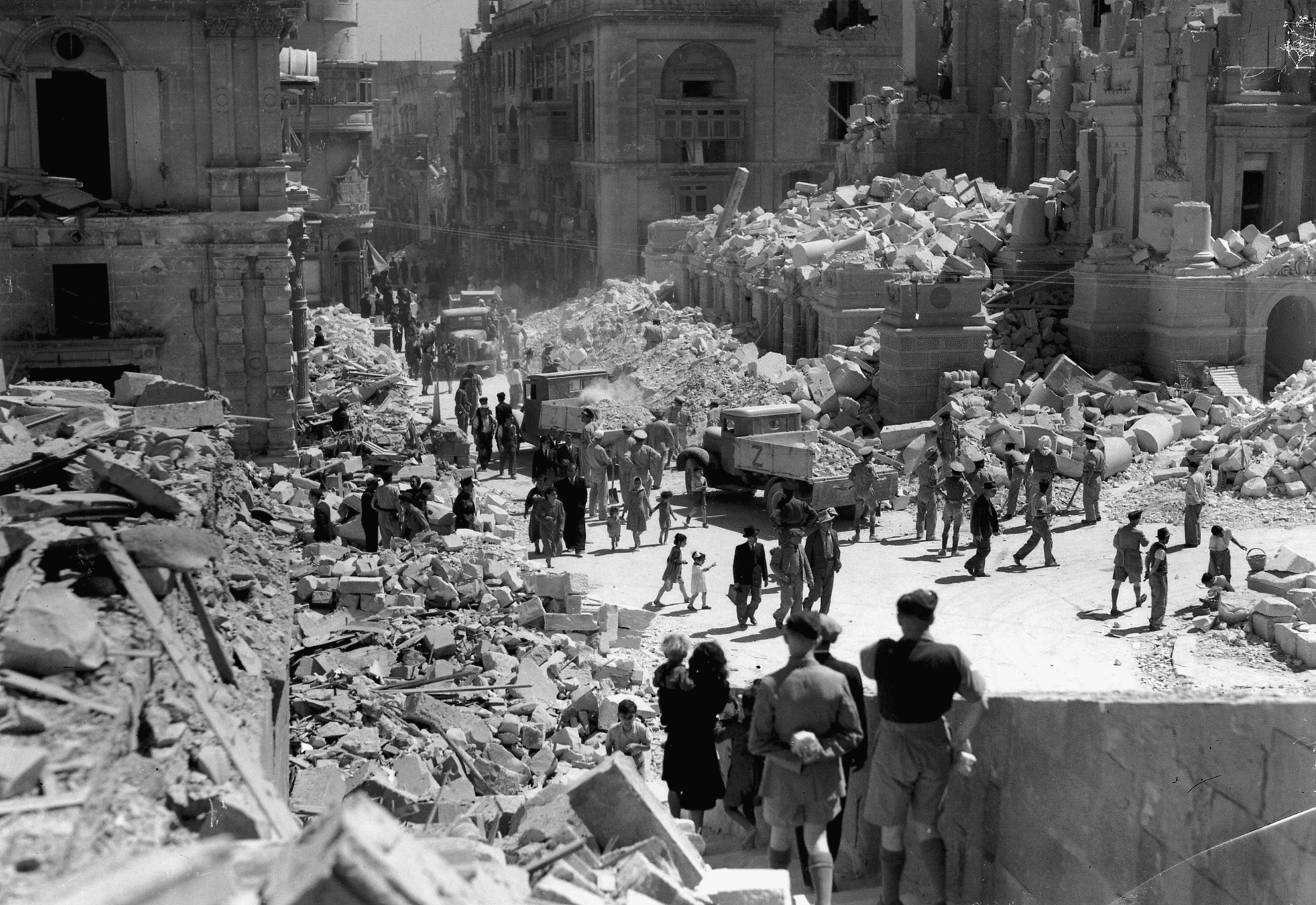
The timing of Churchill’s removal of Dobbie lends credibility to the following account by Melita Strickland, whose husband, Roger, was head of the elected majority in the Maltese Council of Government. “I can tell you for certain that it was Roger who was responsible for Dobbie’s being replaced. He was convinced that Dobbie was about to run up the white flag. One day—it was toward the middle of April after several weeks of almost constant bombing, and we wondered if there would ever be an end to it—he approached Roger and told him of his concern for the people. Despite his stiffness, Dobbie was a very compassionate man, you see. ‘Strickland, I cannot ask them to suffer any more than they have.’ Well, it was so clear to Roger that Dobbie was on the verge of surrender that he went to the lieutenant governor, Andrew Cohen, and persuaded him to join him in forwarding this information to the Home Government, which essentially recommended Dobbie’s removal.”
Could this “Strickland incident,” which purported that Dobbie intended to surrender Malta, have been the “disturbing news” that Churchill referred to? The communication to London was all done secretly, suggesting that Dobbie himself never knew the real story behind his being relieved. However, in Dobbie’s defense, the telegrams that he sent to London and Cairo show a determination to hold out, even after the decision on April 23 to cancel the May convoys. Moreover, as a purely practical matter, any unauthorized attempt by Dobbie to surrender the island would have been immediately disowned by the War Cabinet and by the service commanders in Malta.
Another event may have been more important than the Strickland incident in giving a reluctant prime minister no choice but to order Dobbie’s relief. As recorded in John Connell’s biography, Auchinleck, in April the attention of the prime minister and of the Chiefs of Staff was directed dramatically to the plight of Malta. Newly appointed Minister of State in the Middle East Richard Casey, passed through Malta to take up his new post in Cairo. He reported to London that “the gallant governor of the island, Sir William Dobbie, V.C., was now worn out by his exertions and recommended his immediate replacement.” It may have been this notification that swayed Churchill to act on Brooke’s advice to appoint Lord Gort as the new governor-general of Malta.
In May 1942, Dobbie was almost 63 years old and had been acting governor-general and then governor-general of Malta since May 1940, shortly before the Italians began attacking the island. After two years of increasing strain, Dobbie was certainly in poor health. Like everyone on Malta, he had lost weight, and the low-calorie rationed diet undermined his strength and energy. Furthermore, upon his return to Britain a month later, he collapsed.
Perhaps the best words about Dobbie’s fortitude during the successful defense of Malta are his own delivered in February 1945 to the Empire Club of Canada: “One of the reasons that we were able to hold Malta and why the Union Jack is still flying there was that everyone in the island pulled together. We give a lot of lip service, don’t we, to the word ‘Co-operation.’ We want to do more than that. We have got to see that we do it as well as talk about it. It is not always easy to do, especially when we think the other fellow isn’t doing his bit. In Malta we wanted to look at everything from the point of view of the whole and not from the point of view of the interests of some section of the people. We had plenty of opportunity for people to be pulling in all sorts of different directions. We had the Navy, the Army, the Air Force and we had the civil population. Their interests, their sectional interests, might all be somewhat different, but we had to look upon everything from the viewpoint of the Maltese interest…”
“There was another lesson, which we learned, which I think is even more important. I have told you how very weak we were. I have told you also how strong the enemy was and you will agree that the prospects of the defense of Malta, especially in the early days, were not too rosy,” he continued. “We had to face facts and we realized that our resources were inadequate. Well, gentlemen, we faced it as the British Empire had, I think, faced that same difficulty elsewhere, by asking and obtaining the help of God Almighty. We realized we needed His help, we asked Him for it and He gave it to us.”
As Dobbie had professed early in his tenure on the embattled island, “Malta will triumph over the powers of darkness,” and it did.
Jon Diamond writes from Hershey, Pennsylvania. He is a frequent contributor to WWII History. He is currently working on a book, Britain’s Military Pariahs.
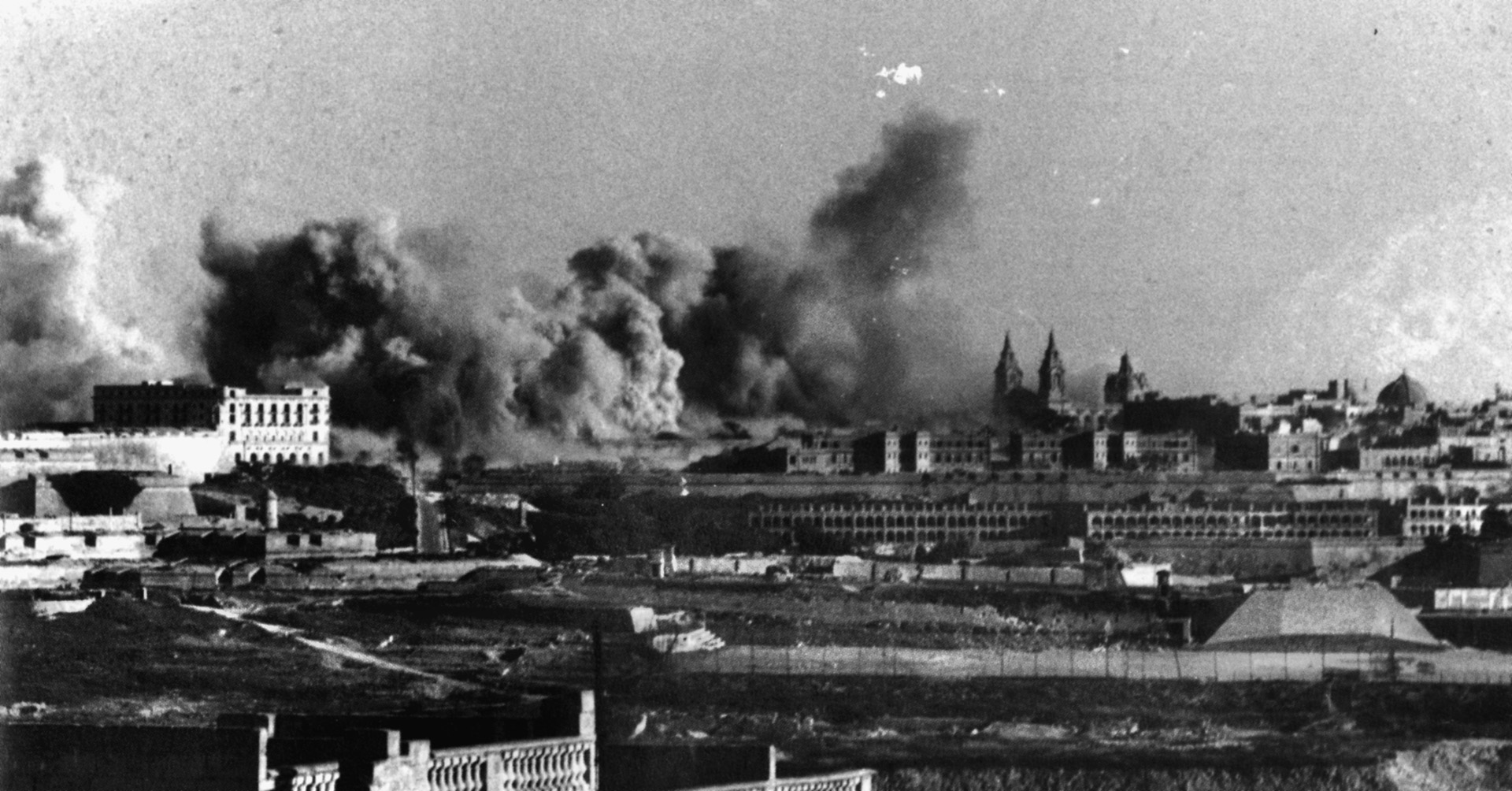
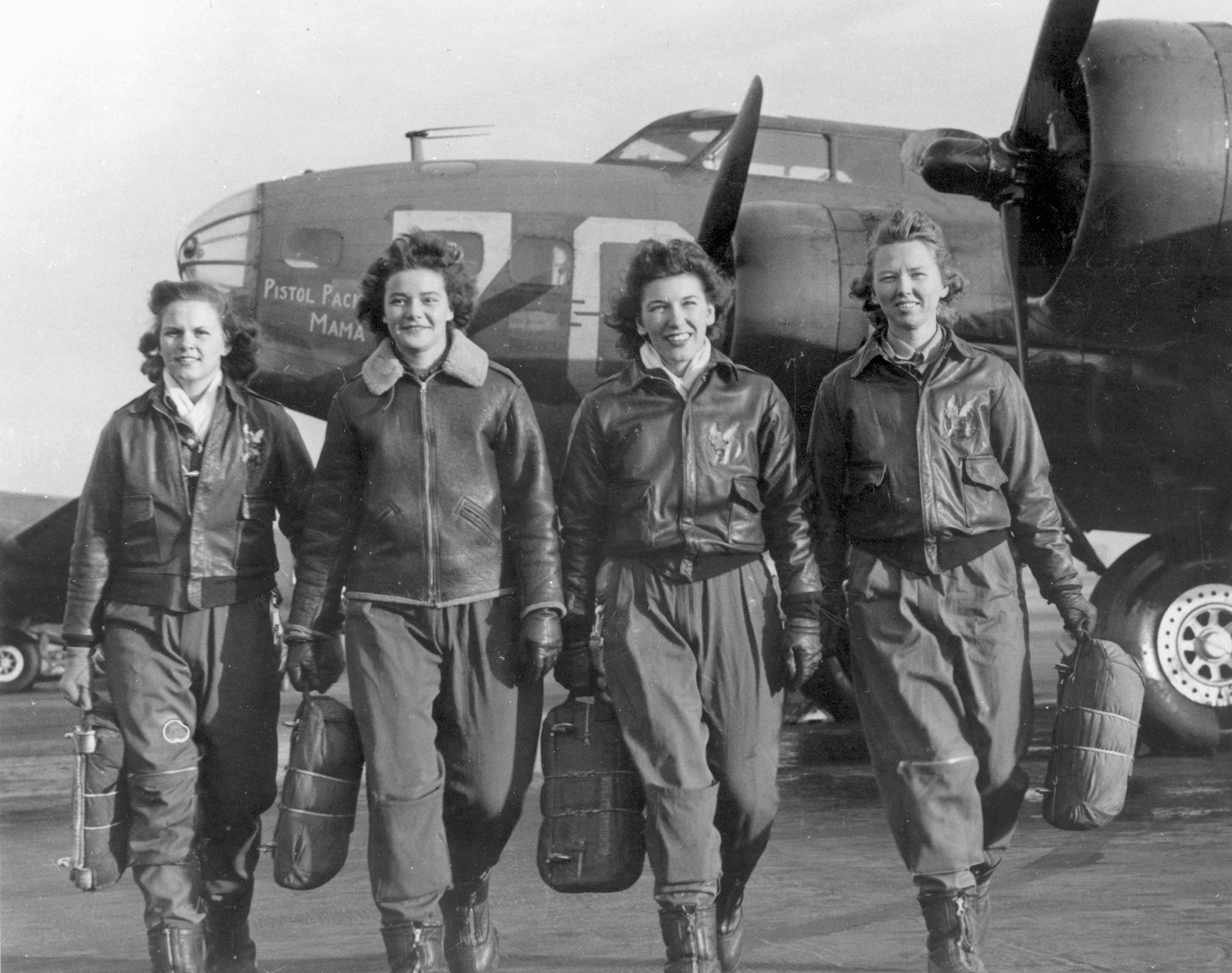
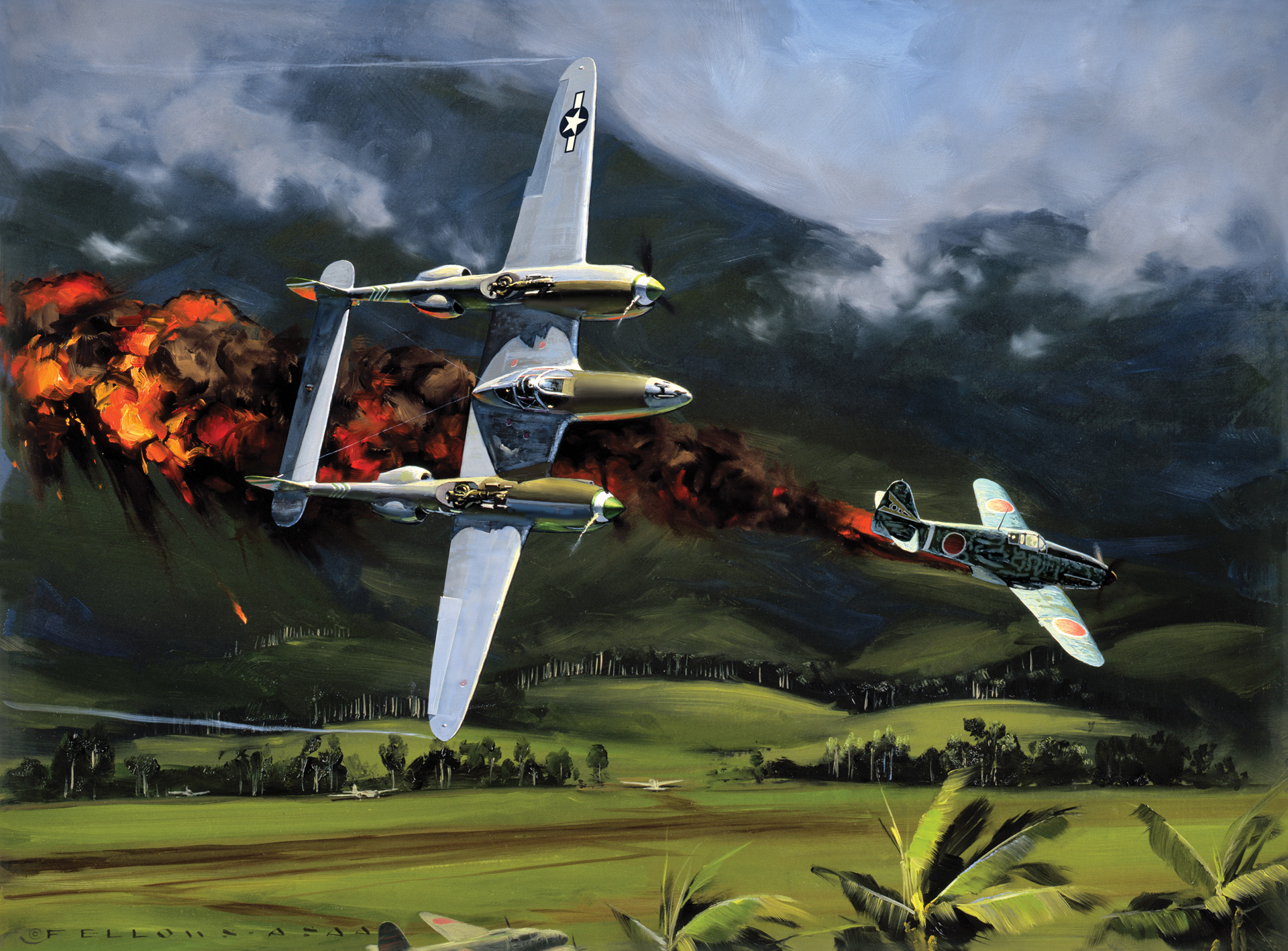
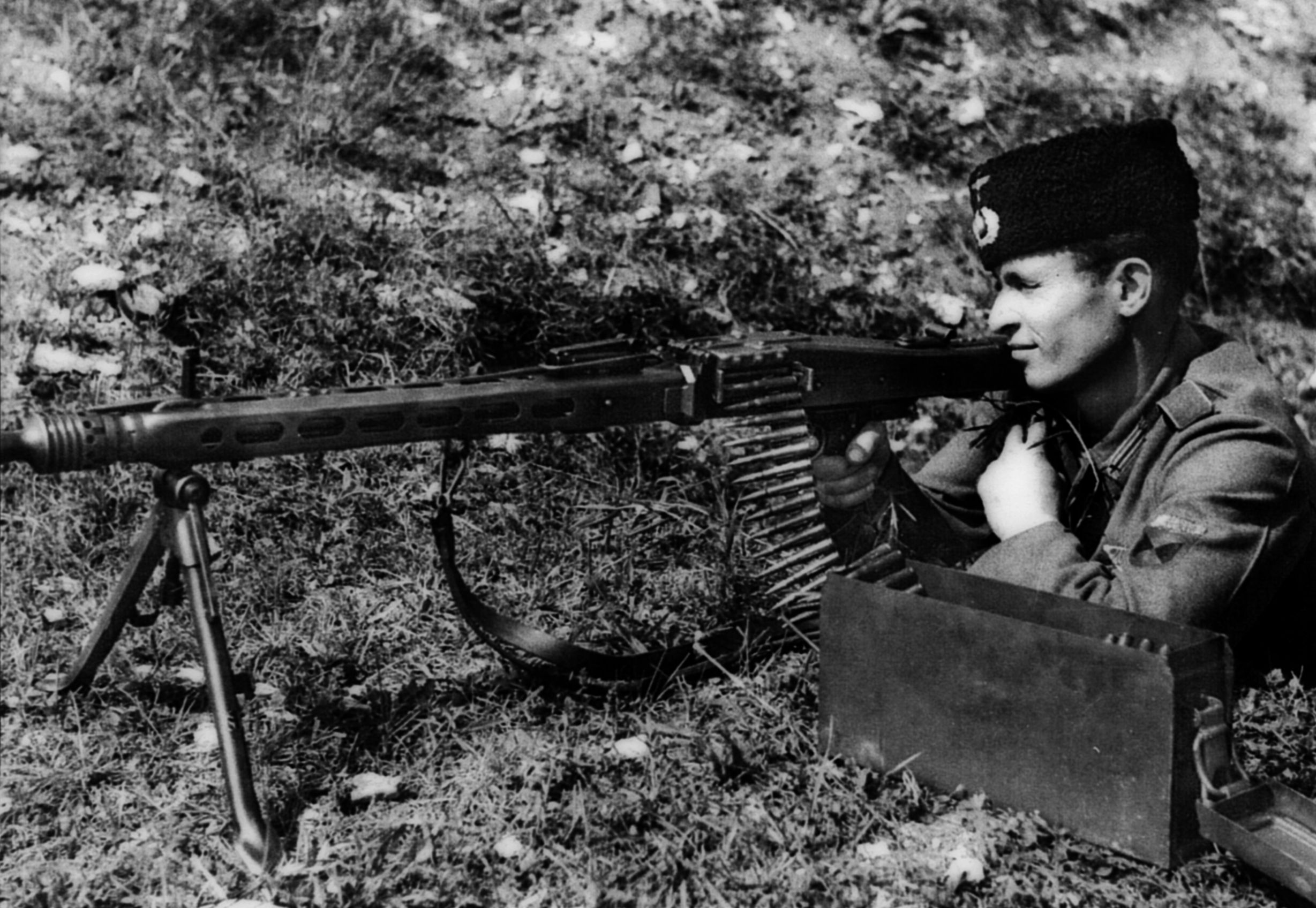
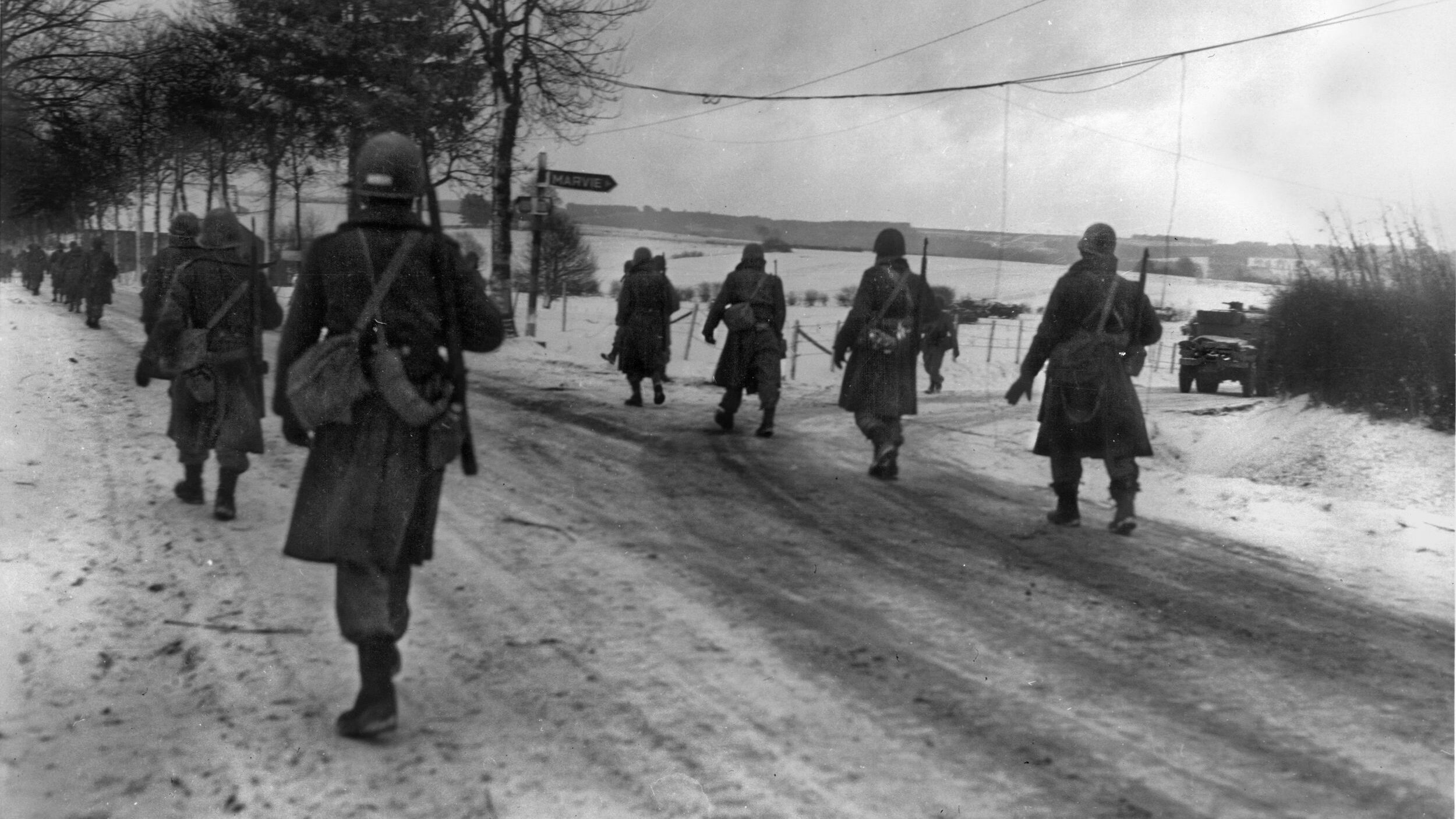
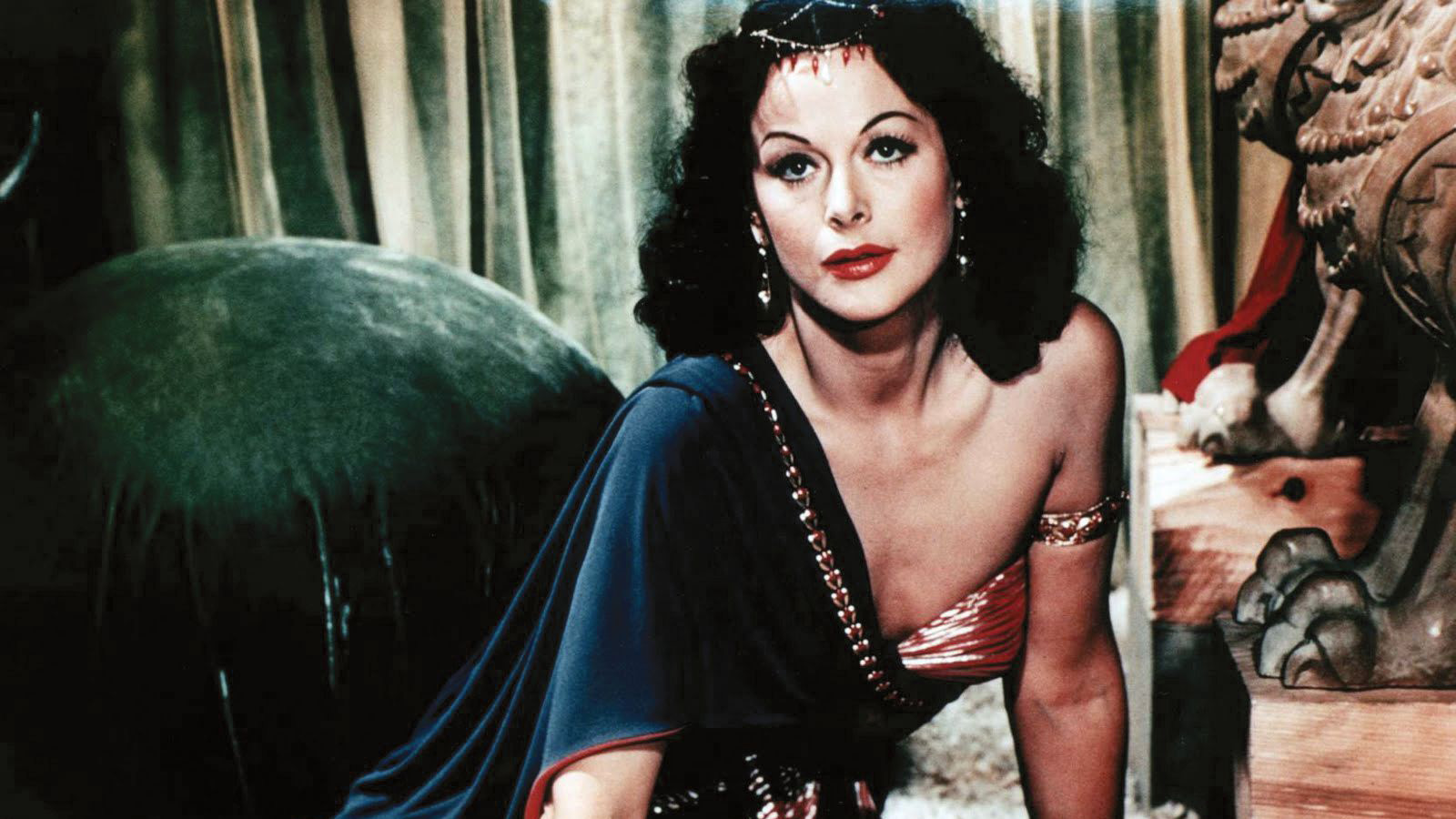
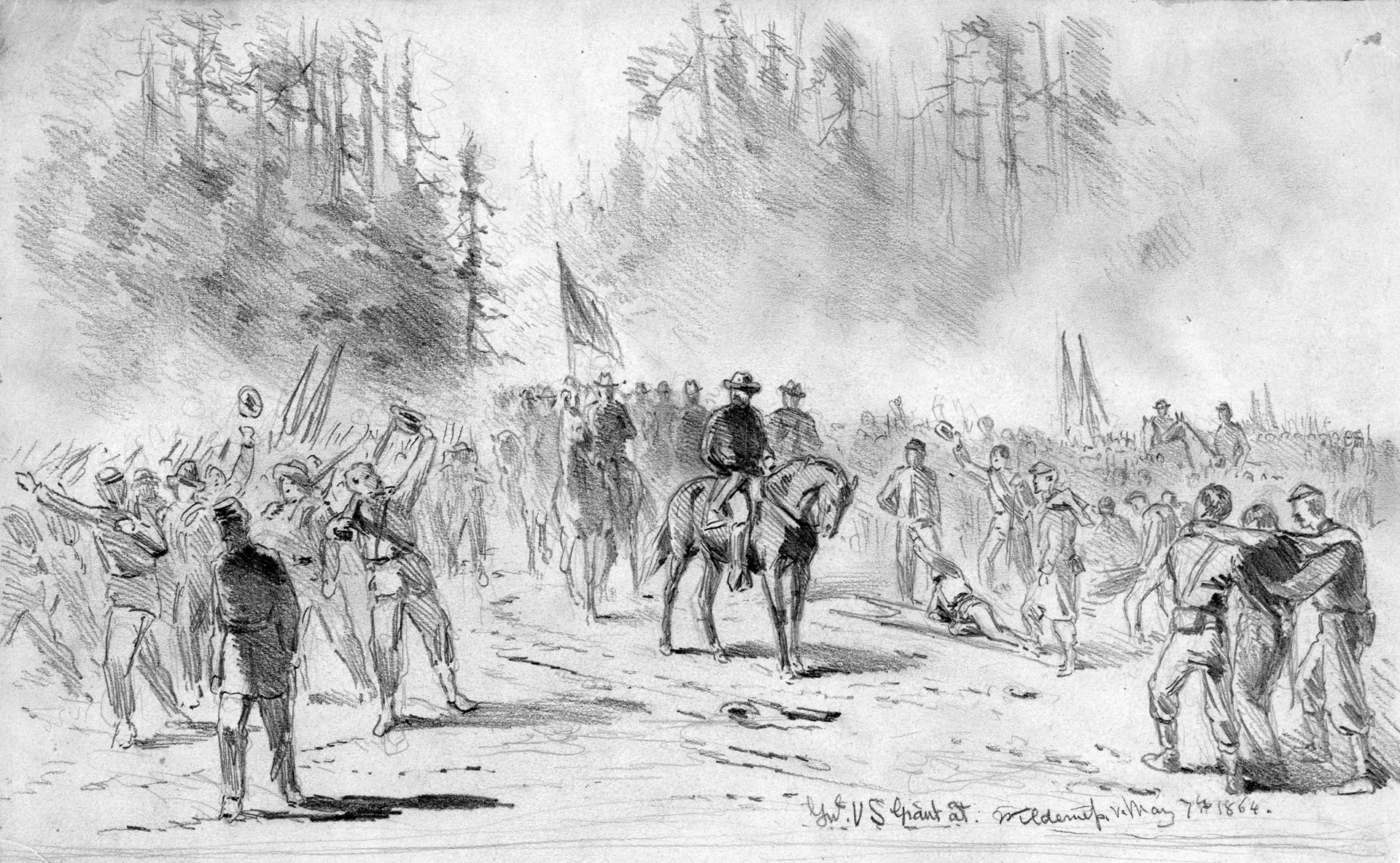
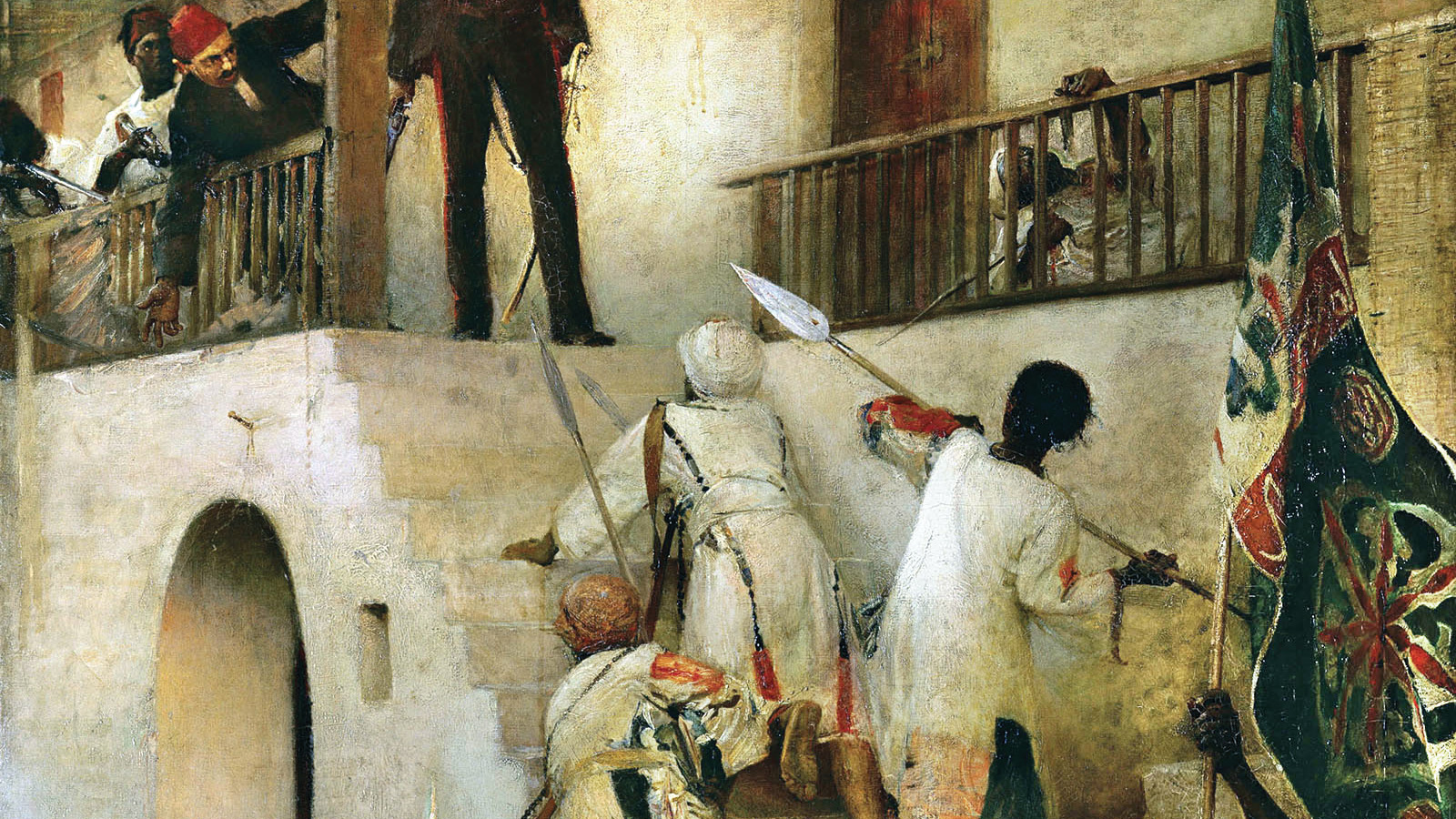
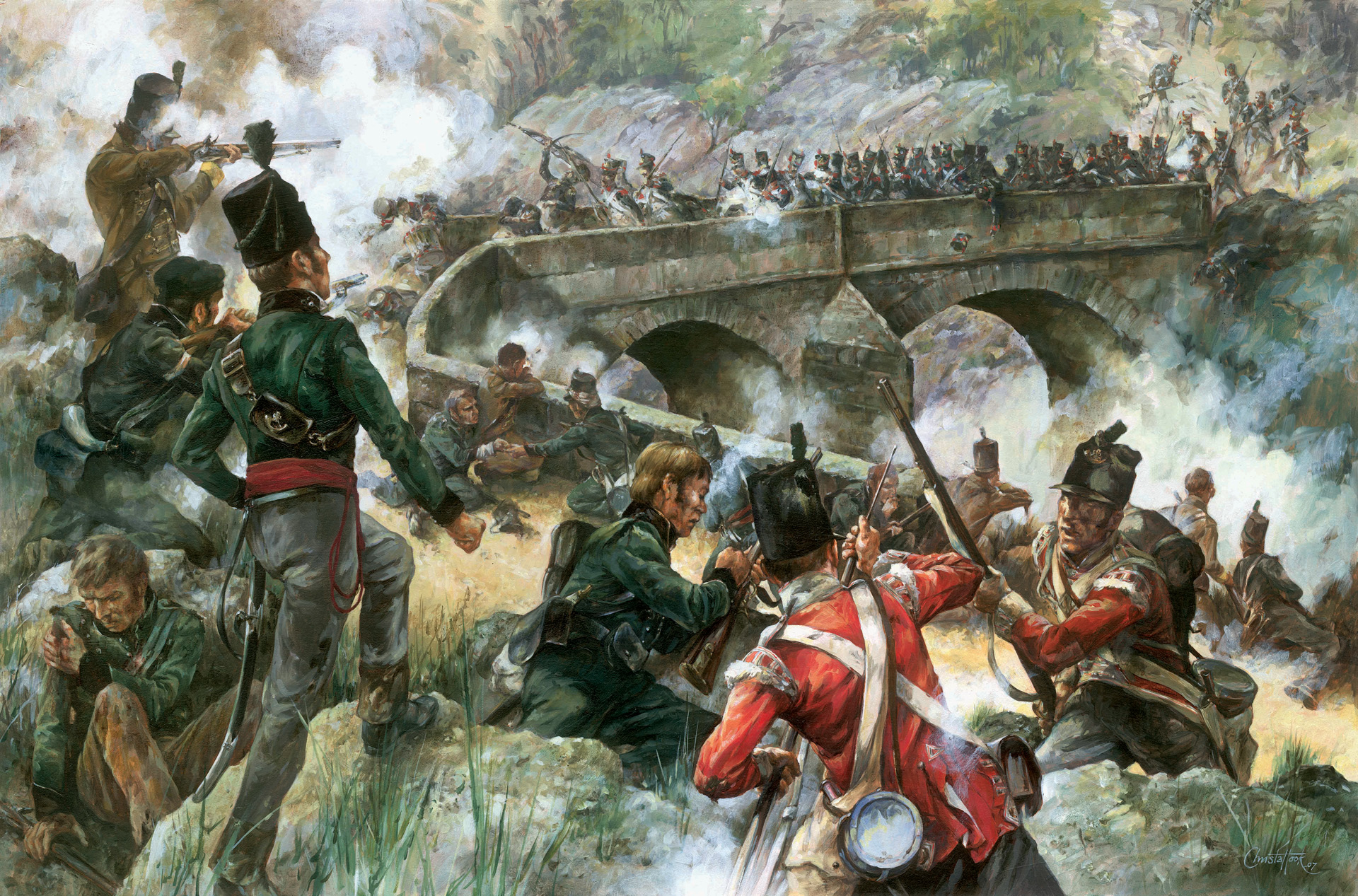
Join The Conversation
Comments
View All Comments